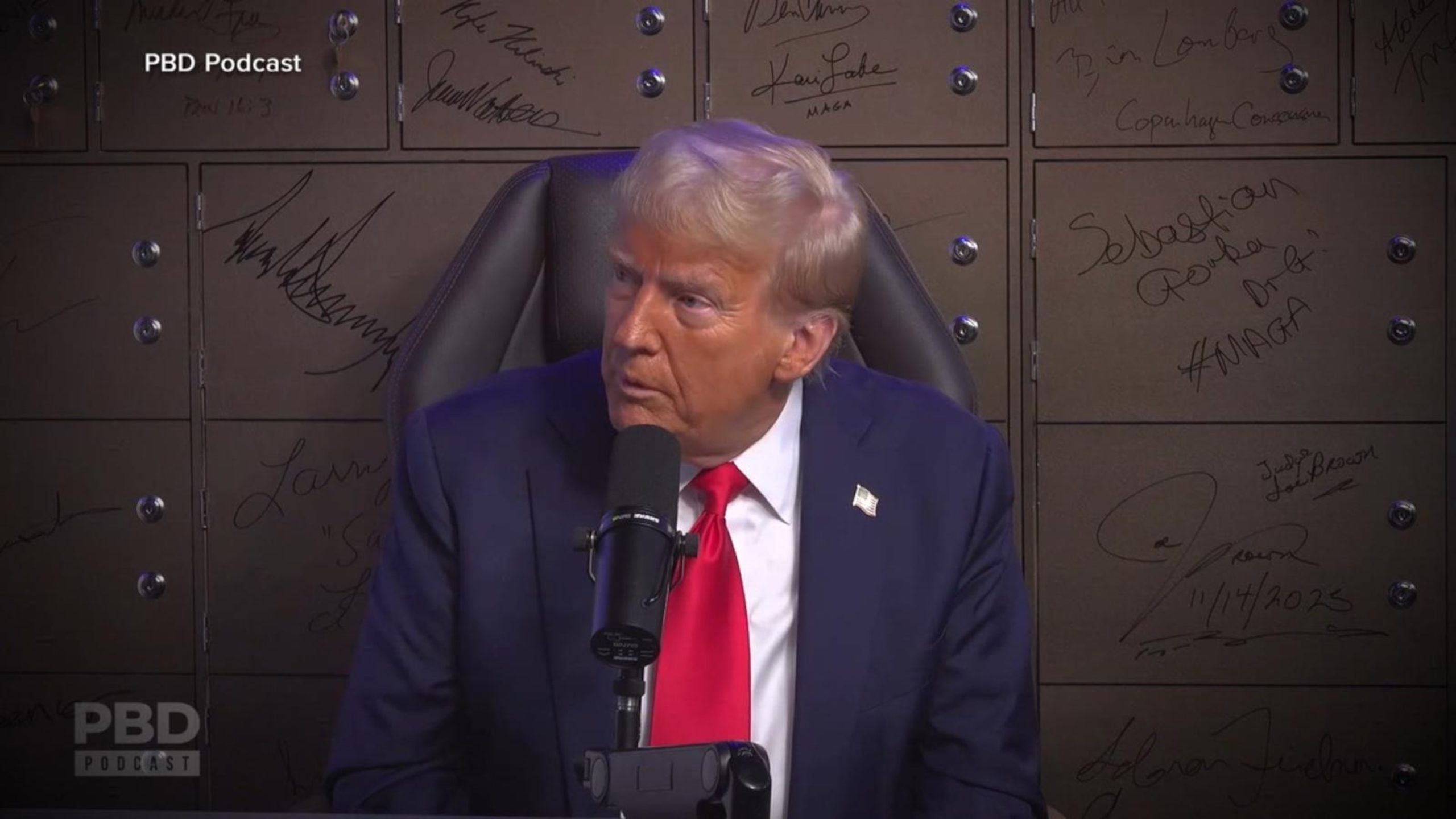AI Takes Over Corporate Hiring and Firing Decisions as Legal Concerns Mount
More managers are turning to artificial intelligence to make critical staffing decisions, according to a new study that highlights growing workplace automation trends. The research reveals companies increasingly rely on AI systems to determine employee promotions, layoffs, and career advancement opportunities.
This technological shift creates significant legal risks for employers. AI-powered hiring and firing decisions could violate employment discrimination laws if algorithms exhibit bias against protected groups. Companies face potential lawsuits when automated systems make personnel choices without proper human oversight.
The study documents how AI tools now evaluate employee performance, predict job success, and recommend staffing changes. These systems analyze data points including productivity metrics, communication patterns, and work history to influence who climbs the corporate ladder and who loses their job.
Legal experts warn that AI decision-making lacks transparency in employment contexts. When algorithms determine career outcomes, employees cannot easily challenge unfair treatment or understand why they were passed over for promotions. This opacity creates compliance challenges under existing labor regulations.
Employment attorneys recommend companies implement strict AI governance policies before deploying automated staffing tools. Organizations must audit their systems for discriminatory patterns and maintain human involvement in final personnel decisions.
The research suggests businesses should balance AI efficiency gains with legal compliance requirements. Companies that rush to automate hiring and firing processes without proper safeguards risk costly litigation and regulatory penalties.









